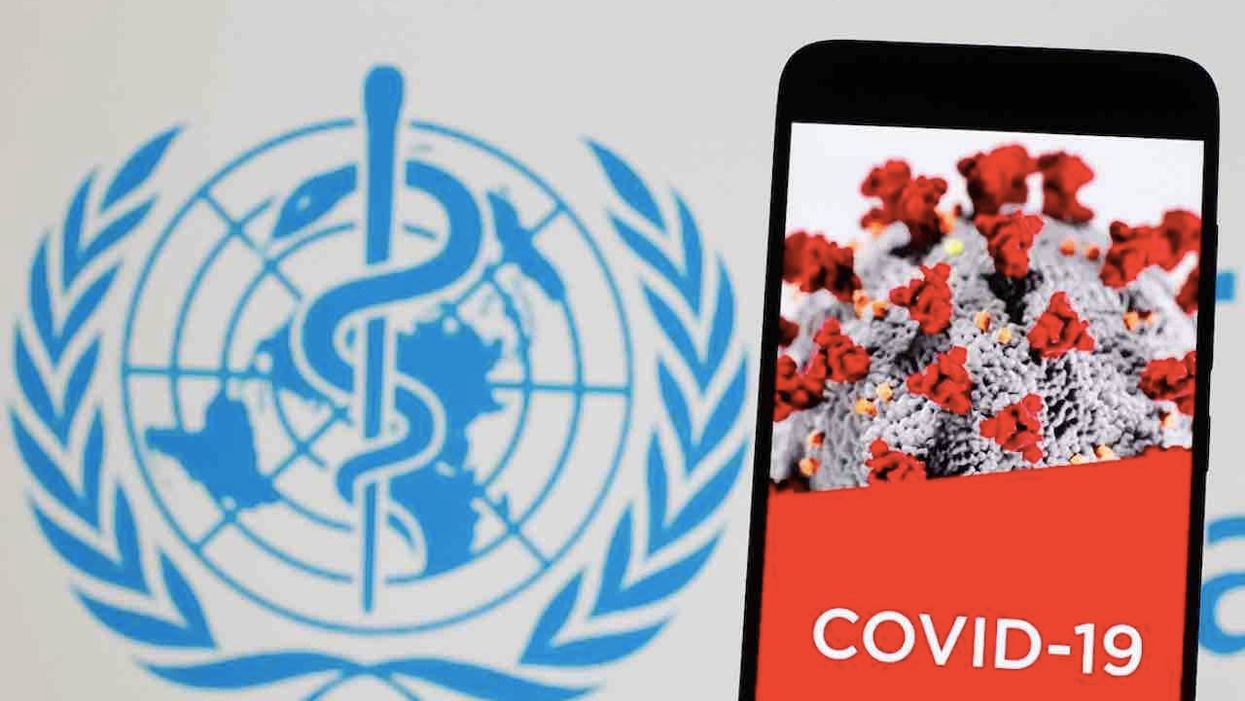
Photo Illustration by Pavlo Gonchar/SOPA Images/LightRocket via Getty Images

What will health experts discover next?
UPDATE: The WHO clarified Tuesday, June 9, that asymptomatic spread may account for up to 40% of COVID-19 transmission.
The original report follows.
---------
After nearly three months of coronavirus-related shutdowns that put tens of millions of Americans out of work, destroyed untold numbers of businesses, and shuttered schools across the land, the World Health Organization now says asymptomatic carriers of COVID-19 — cited as one of the reasons for social distancing policies — rarely spread the virus, CNBC reported.
The WHO's revelation Monday followed preliminary findings from earliest COVID-19 outbreaks that those without symptoms could spread the virus to others, the network said.
"From the data we have, it still seems to be rare that an asymptomatic person actually transmits onward to a secondary individual," said Dr. Maria Van Kerkhove, head of WHO's emerging diseases and zoonosis unit, according to CNBC. "It's very rare."
Some people, particularly young and otherwise healthy individuals, can be infected by the coronavirus but never develop symptoms — or develop only mild symptoms, the network said.
"We have a number of reports from countries who are doing very detailed contact tracing," Van Kerkhove added, according to CNBC. "They're following asymptomatic cases. They're following contacts. And they're not finding secondary transmission onward. It's very rare."
A U.S. Centers for Disease Control and Prevention report published April 1 cited the "potential for presymptomatic transmission" as a reason for the importance of social distancing, the network said.
The CDC study added that "these findings also suggest that to control the pandemic, it might not be enough for only persons with symptoms to limit their contact with others because persons without symptoms might transmit infection," CNBC added.
Van Kerkhove said, "What we really want to be focused on is following the symptomatic cases. If we actually followed all of the symptomatic cases, isolated those cases, followed the contacts and quarantined those contacts, we would drastically reduce" the spread, the network reported.
Elected officials have endlessly insisted their decisions to ruin economies and lives through business shutdowns and social distancing were guided by health experts and "science."
So here's a look at how some of that's been working out:
Dave Urbanski
Sr. Editor, News